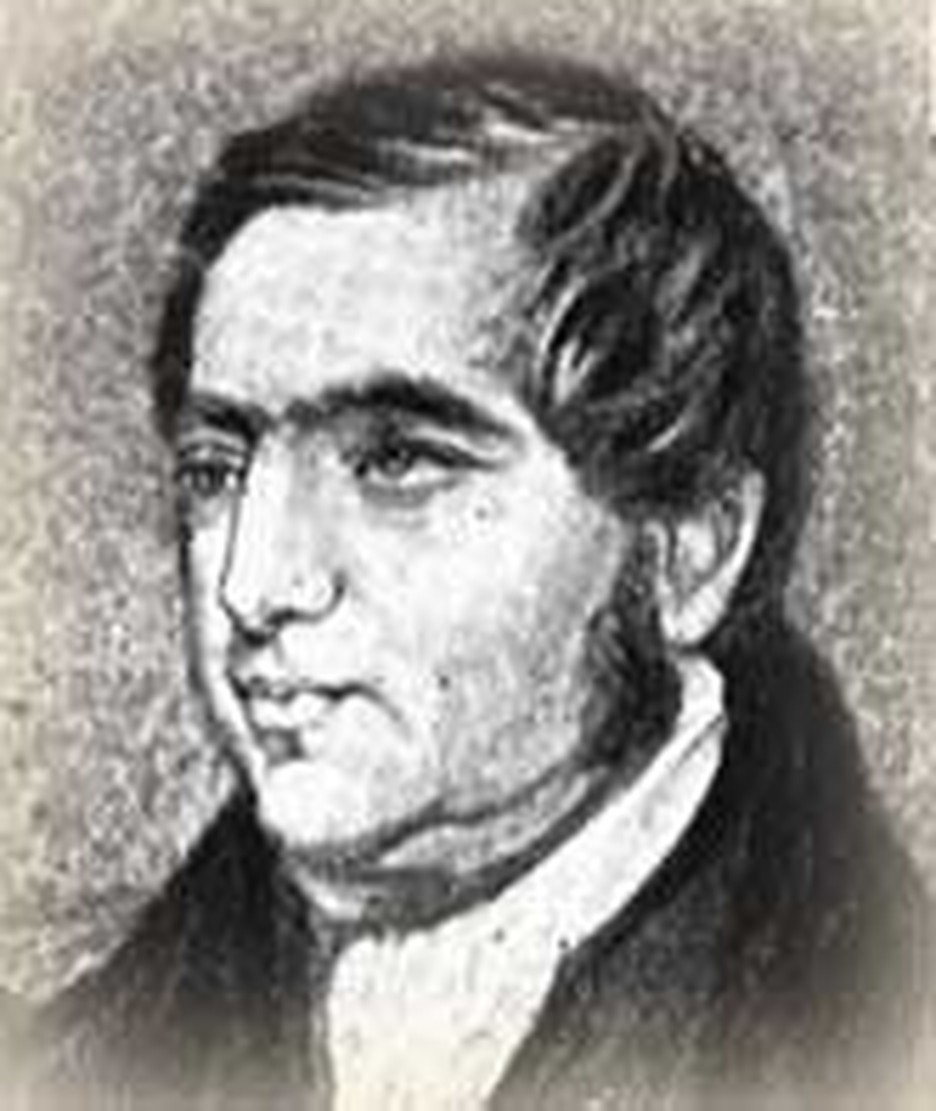
John Williams encountered hostility when he landed on Erromanga, New Hebrides (Vanuatu) on this day, November 20, 1839. He tried to dash back to his ship, but he wasn't quick enough. Swift-footed natives captured him. The missionary who had hoped to feast them with the Gospel became their feast instead.
When the inhabitants of scattered islands of the South Pacific heard the news, they wept. John was greatly loved. One of the most successful missionaries of modern times, he had learned their languages and customs and labored to uplift them morally, spiritually and economically.
To some, his success was surprising. After all, he had little education, although he was a skilled metal worker. However, he was practical; and his skills, vision and commonsense found solutions to the challenges he met.
Reared in a Christian family, he grew indifferent to the faith for some years as a youth, but a sermon he heard aroused him from his spiritual lethargy. He became an active Christian worker and soon offered himself to the London Missionary Society.
With his newly-wed bride, he sailed to Tahiti. Although the London board did not want him to trade or to sail the South seas, he did so anyway. At one point, he even built his own boat, The Messenger of Peace although he had never seen one built before. He navigated it across hundreds of miles of open sea. As a result of his initiative, he planted churches not only in Tahiti, but in the Samoan Islands, Raratonga and numerous other islands of the Pacific. He was able to affirm that every known island along a 2,000 mile line had received the Gospel. He left Polynesian ministers at several of these outposts.
On a visit back to England, he roused enormous interest wherever he spoke. A book he published about his work sold well. Fresh funds poured in to enable him to make further mission trips.
The New Hebrides was a new region for him. No other missionary had visited those parts. Its inhabitants were in a mood of revenge because of cruelties perpetrated against them by a trading ship. Unaware of the good that John meant to do them, they chased him, as we have seen, and killed and ate him. His story inspired numerous other missionaries to venture to the islands, and several mission boats were named after him.
Bibliography:
- Anderson, Gerald H. "Williams, John." Biographical Dictionary of Christian missions. New York: Macmillan Reference USA; London : Simon & Schuster and Prentice Hall International, 1998.
- Moreau, A. Scott. "Williams, John." Evangelical Dictionary of World Missions. Grand Rapids, Michigan: Baker Books, 2000.
- Rodlie, D. "The South Seas Missionary Ships." https://www.shipsonstamps.org
- "Williams, John." The Dictionary of National Biography, edited by Leslie Stephen and Sidney Lee. London: Oxford University Press, 1921-1996.
Last updated July, 2007.



